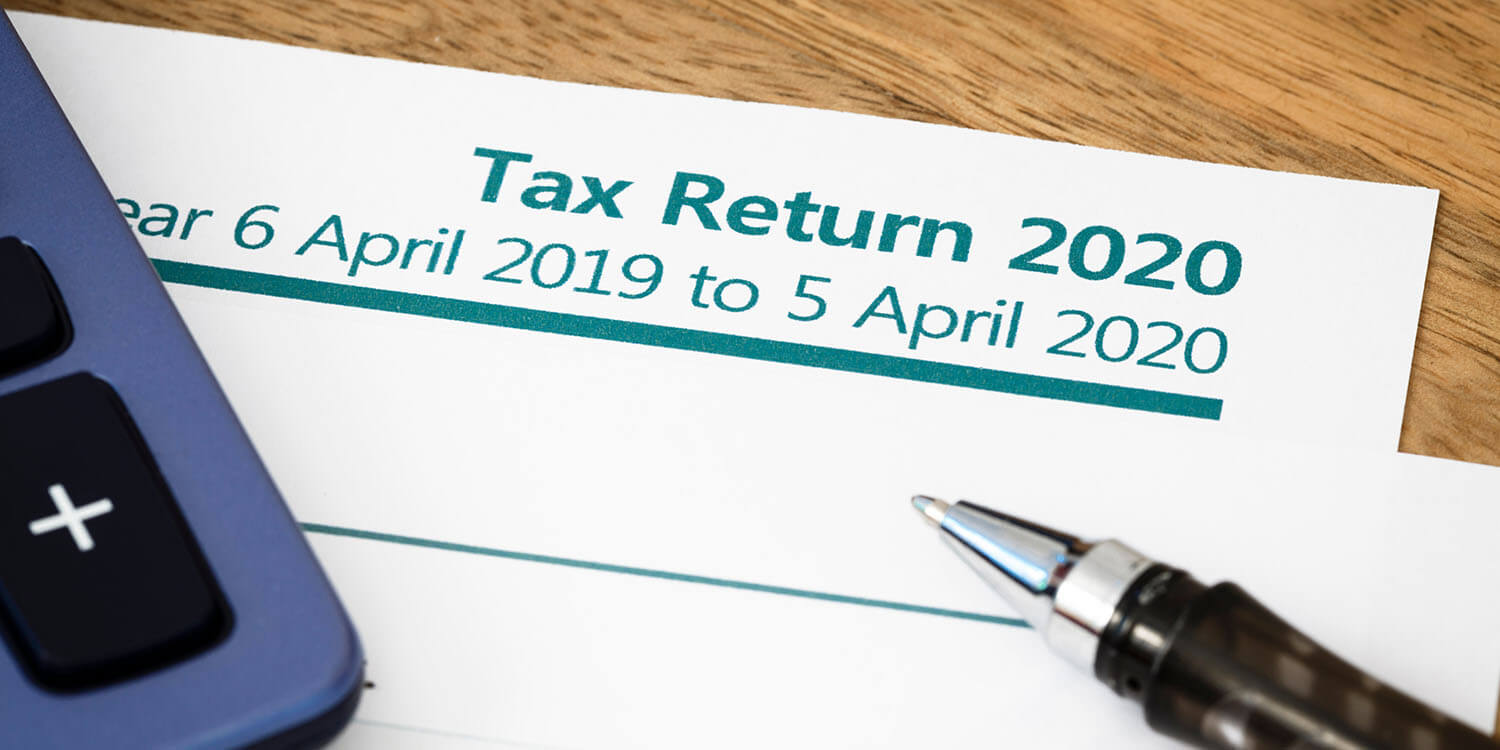If you work from home, you will no doubt be aware of some of the benefits this offers, particularly the time and money you can save. However, it is worth remembering there is a flip-side to this. Namely, the extra costs you may incur from household expenses, business equipment and supplies. Ultimately, these costs could negate any potential savings, but the good news is that most of these costs can be deducted from your taxable income. So, keep calm and carry on reading.
The rules on what you can offset against tax depend on whether you are a self-employed individual or you are trading as a limited company. Either way, the tax relief available is pretty fair and reasonable in most cases – two words we are not often used to hearing when discussing taxation – but certain restrictions do apply and you may be required to do some calculations.
Self-employed expenses
For the self-employed sole trader, the amount of tax relief will depend on the degree to which the home is used for business purposes and the costs incurred as a direct result. If your home is used for the odd bit of paperwork, a nominal amount of £26 per month is likely to be the most you can claim as a simplified expense. No calculations or receipts are required for this nominal claim. It is also quite handy if you have absolutely no desire to work out the calculations or keep hold of any supporting paperwork…. but remember, you may be able to save more, so do give the following information some consideration.
Greater scope is available if all or most of your work is carried out from home, and you could claim a good chunk more than the nominal sum. A proportion of variable household costs such as gas and electricity may be claimed, as well as any expenses relating to phone and internet usage, stationary and other office costs. To comply with HMRC requirements, the amount you claim for variable costs and expenses must be “wholly, exclusively and necessarily in the performance of the duties of the employment”, therefore any claims for household costs should be based on the proportion of the house used for business, and the proportion of time it is used for this purpose alone.
Self-employed individuals may also be able to get tax relief on a portion of fixed household costs, such as council tax, rent, mortgage interest and insurance, if part of the home is used exclusively for work on a full-time basis, but it is worth noting that you may be liable for capital gains tax in the future.
Limited company expenses
The rules are a tad more restrictive and complicated for limited company tax relief because, unlike a self-employed individual, the company and owner exist as separate legal entities. To claim the nominal relief, or any additional expenses, a home-working agreement will be required between the company and the director, even if just one person owns the company. This allows the company to reimburse the director for any additional variable costs incurred exclusively for business purposes.
Alternatively, the company can pay rent for the use of the home and obtain tax relief for this cost. The rent received will be declared as taxable income, but against that can be deducted the expenses for any variable household costs and business expenses. Any payments from the company should be made from the business account and paid into the private account of the director. This creates clear distinction between company money and personal money, thus avoiding any confusion. Naturally, when we’re dealing with tax issues there may be a multitude of factors to consider, therefore, it would be a good idea to seek advice or assistance from a qualified adviser or accountant when claiming any tax relief or allowances.
Regardless of whether you are claiming tax relief for household expenses as a self-employed individual or through a limited company, you must keep proper records to justify any expense deductions, and it is important to be honest and reasonable in any claim you make. The penalties from HMRC can be harsh, so it is always best to avoid the wrath of the taxman.




